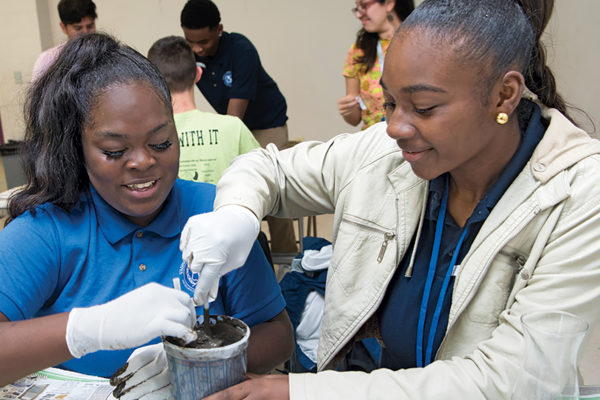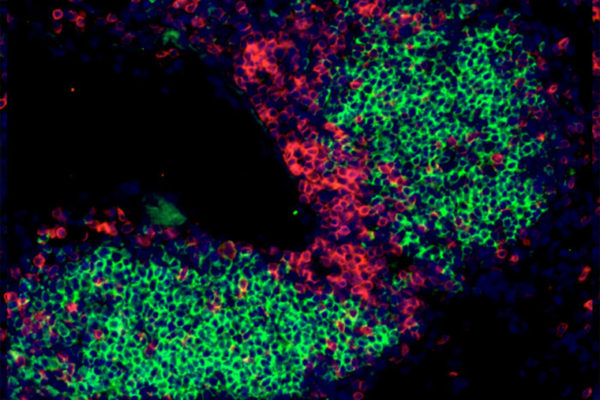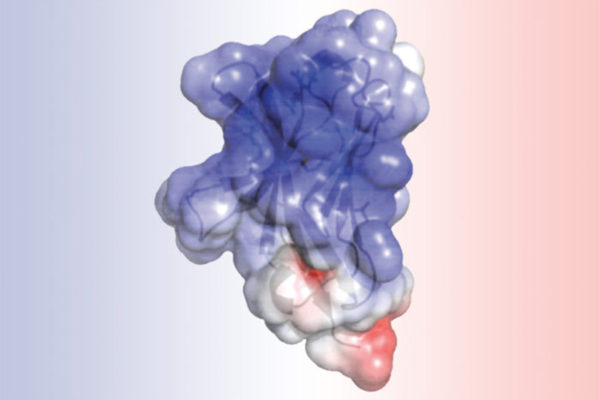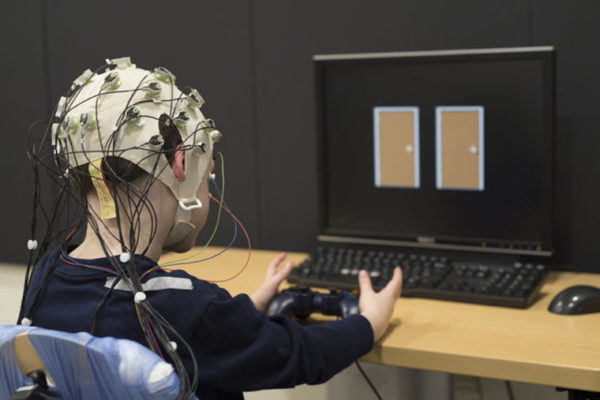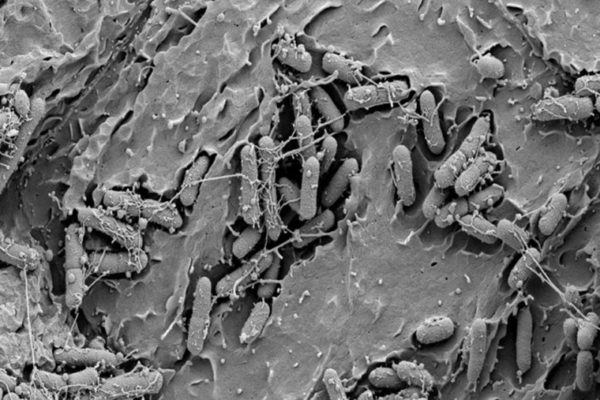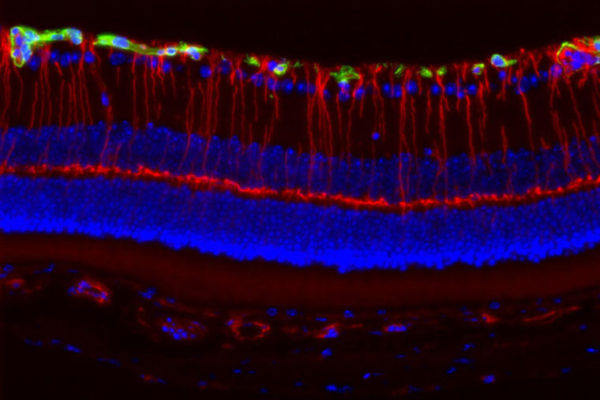Unraveling autism
A multifaceted study — one of three major approaches School of Medicine researchers are using to unravel the physical and psychological underpinnings of autism — aims to detect, treat and even reverse the disorder.
Sparking curiosity
How graduate and medical students from Washington University’s Young Scientist Program are helping share science with area students. The program has been in place more than 25 years.
Many smokers with serious mental illness want to kick habit
Many with psychiatric problems want to quit smoking, but psychiatrists and caseworkers typically don’t prescribe medications to help them or refer them to services aimed at smoking cessation, researchers at the School of Medicine and BJC Behavioral Health in St. Louis have found.
Low levels of manganese in welding fumes linked to neurological problems
Welders exposed to airborne manganese at estimated levels below federal occupational safety standards exhibit neurological problems similar to Parkinson’s disease, according to School of Medicine research. The more they are exposed to manganese-containing welding fumes, the faster the workers’ signs and symptoms worsen. The findings, published Dec. 28, suggest current safety standards may not adequately protect welders.
Study helps explain why tuberculosis vaccines are ineffective
A new study by the School of Medicine, published Dec. 22 in Nature Communications, helps explain why development of a better vaccine for tuberculosis has been stymied.
Study details molecular roots of Alzheimer’s
Scientists at the School of Medicine have detailed the structure of a molecule that has been implicated in Alzheimer’s disease. Knowing the shape of the molecule — and how that shape may be disrupted by certain genetic mutations — can help in understanding how Alzheimer’s and other neurodegenerative diseases develop and how to prevent and treat them.
Landmark Alzheimer’s prevention trial to evaluate third drug
An international team led by Washington University School of Medicine in St. Louis has selected a third investigational drug to be tested in a worldwide clinical trial — already underway — aimed at finding treatments to prevent Alzheimer’s disease.
Depressed children respond differently to rewards than other kids
Measuring brain waves, Washington University researchers have found that clinically depressed children don’t respond to rewards the way other children do. The findings may show how the brain processes emotions in young children with depression.
Novel approach shows promise against UTIs
School of Medicine scientists have designed small molecules that prevent bacteria from sticking to the wall of the bladder, halting the development of urinary tract infections in mice. The technology is the basis of a startup company: Fimbrion Therapeutics.
Female hormones increase risk of vision loss in rare genetic disease
Girls with a rare genetic disorder caused by mutations in a gene known as Nf1 are much more likely to lose their vision than boys with mutations in the same gene. And now, researchers at Washington University School of Medicine in St. Louis believe they know why: Female sex hormones activate immune cells that damage the nerves necessary for vision.
Older Stories

